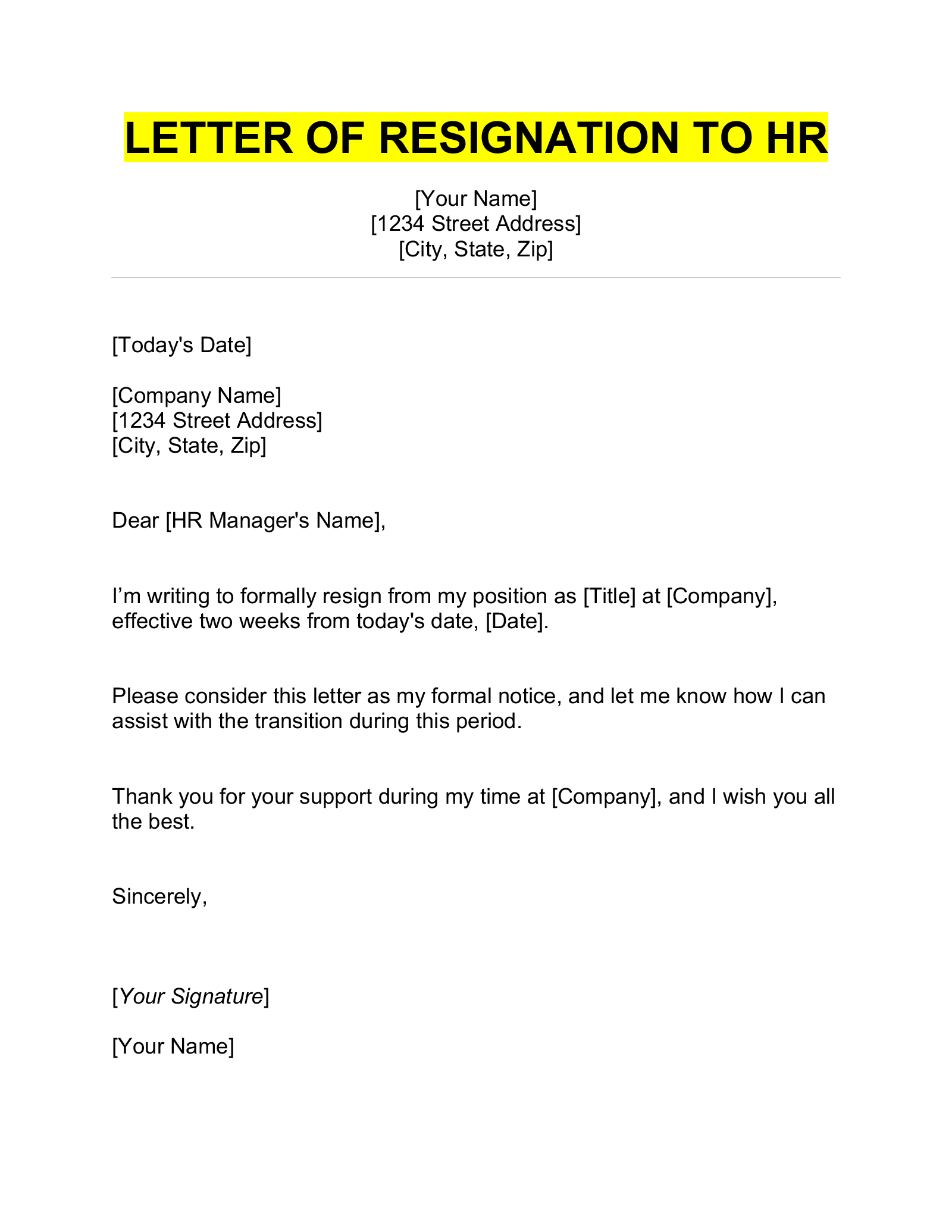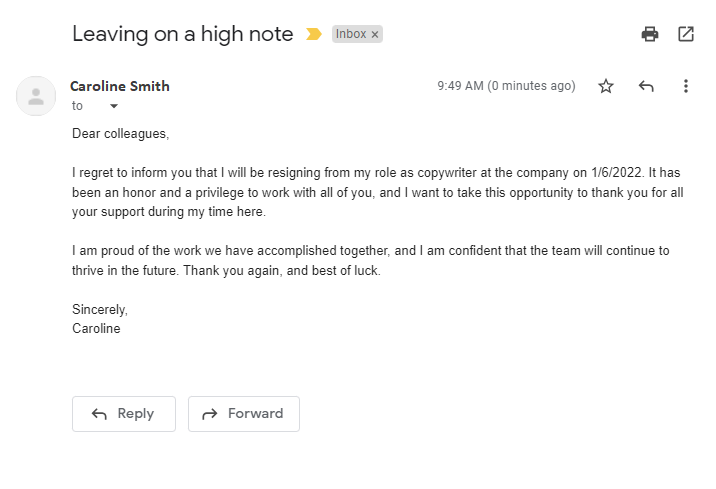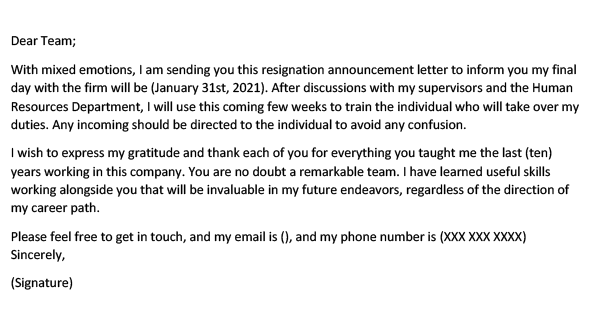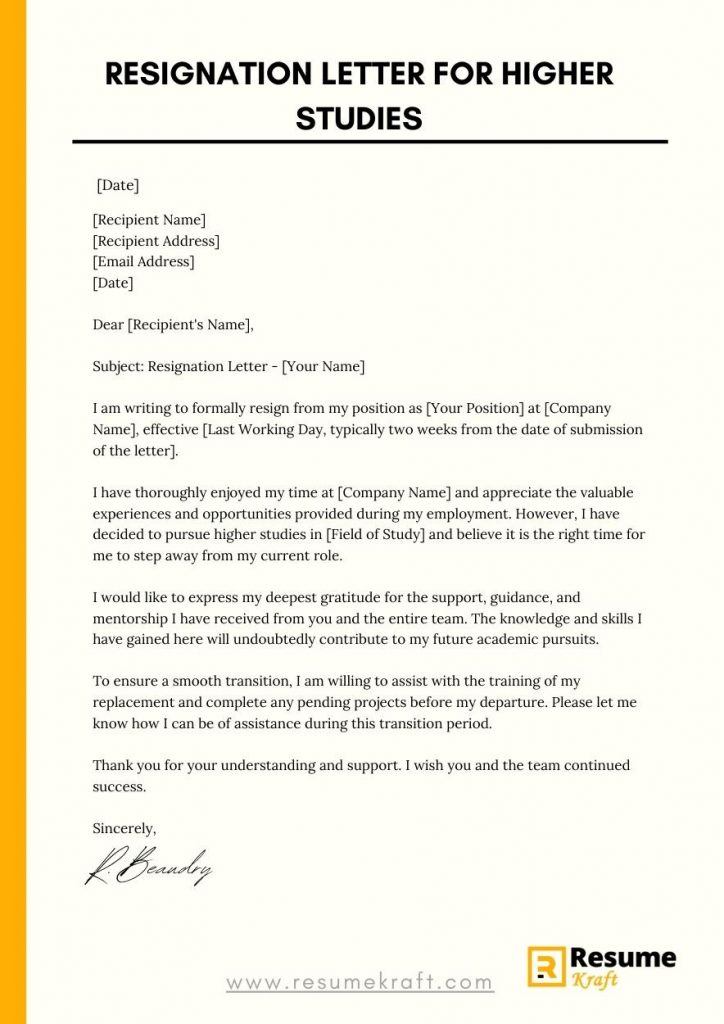How To Inform Your Manager That You Are Resigning
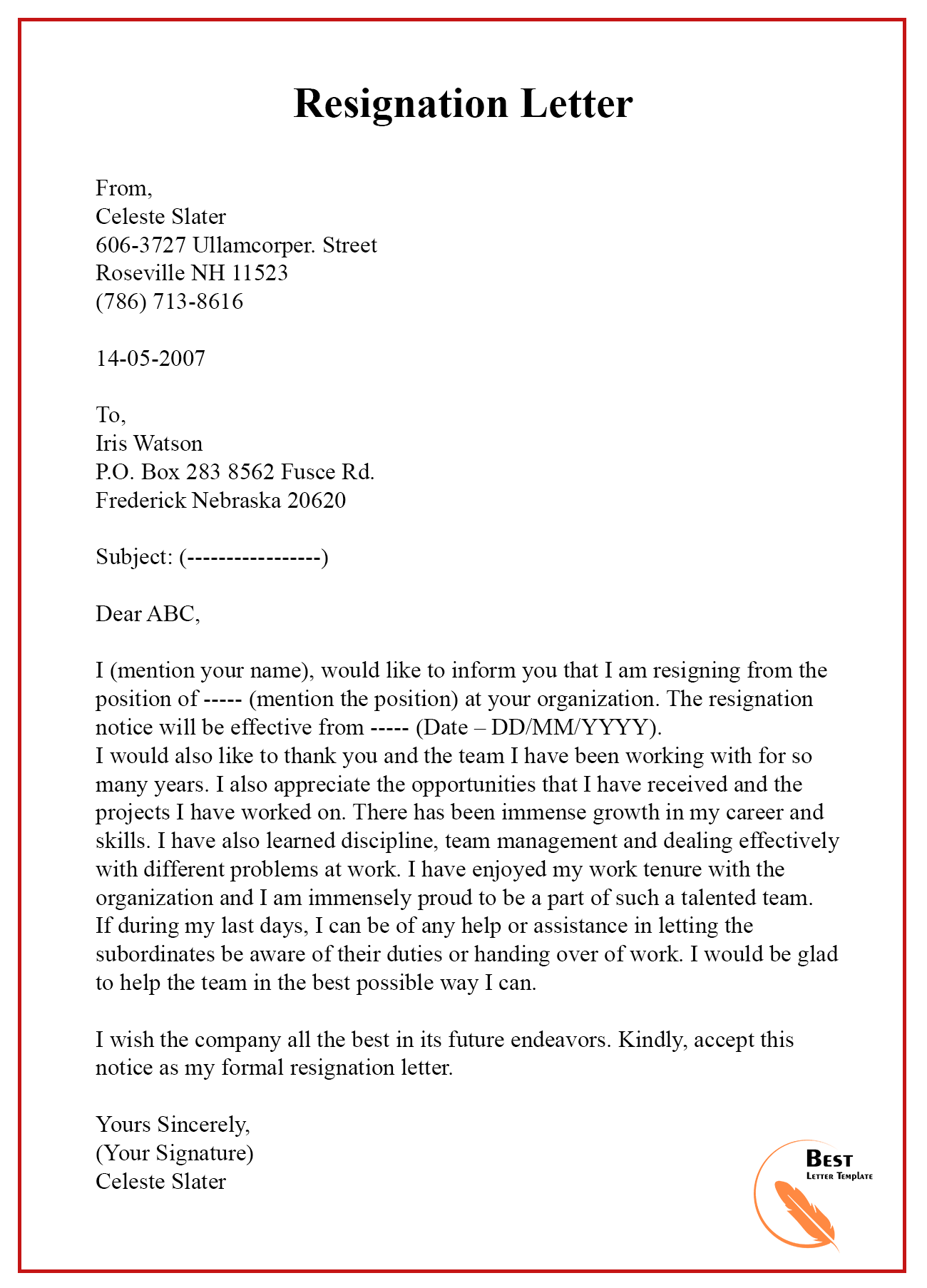
Leaving a job is rarely easy, but informing your manager requires careful planning and execution. The way you deliver this news can significantly impact your professional relationships and future career prospects.
Mastering this delicate process is vital for maintaining professionalism, securing positive references, and ensuring a smooth transition for both yourself and your employer. This guide provides expert advice on how to navigate this critical conversation with grace and tact.
Preparing for the Conversation
Before scheduling a meeting, finalize your decision and secure your next opportunity. Have a clear understanding of your last day and be prepared to discuss the transition process. According to SHRM (Society for Human Resource Management), clarity minimizes disruption and showcases respect for your employer.
Practice your resignation statement. Keep it concise, professional, and focused on gratitude. Avoid negative comments about the company, your manager, or colleagues, as these could damage your reputation, according to career experts at Forbes.
Drafting Your Resignation Letter
A formal resignation letter is essential. It serves as an official record of your departure and outlines key details. The letter should include your last day of employment, a thank you for the opportunity, and an offer to assist with the transition.
Keep the tone professional and avoid unnecessary details. Consulting with HR or a career advisor can help ensure your letter meets company standards. Indeed recommends keeping the letter factual and straightforward.
Delivering the News
Schedule a private, face-to-face meeting with your manager. This demonstrates respect and allows for open communication. Sending an email or relying on a phone call should generally be avoided unless a physical meeting is impossible.
Begin by expressing your gratitude for the opportunity you've had at the company. Then, clearly and directly state your intention to resign. Maintain a calm and professional demeanor throughout the conversation.
What to Say (and What Not to Say)
Be prepared to answer questions about your decision. However, you are not obligated to disclose specific details about your new role or compensation. Focus on positive aspects and avoid criticizing the company or its employees, advises Alison Green of Ask a Manager.
Do not badmouth former colleagues or superiors. Maintaining a professional attitude ensures you leave on good terms. This is crucial for maintaining your professional network, notes a recent Harvard Business Review article.
Navigating the Transition Period
Offer your assistance with the transition process. This demonstrates your commitment to the company’s success even as you depart. Be prepared to train your replacement or document your processes.
Complete all assigned tasks and projects to the best of your ability. Leaving things unfinished can reflect poorly on your work ethic. LinkedIn emphasizes the importance of finishing strong to leave a positive lasting impression.
Potential Challenges and How to Address Them
Be prepared for a counteroffer. Consider your motivations for leaving and whether a counteroffer aligns with your long-term career goals. Accepting a counteroffer without addressing the underlying issues that led to your resignation may not be a sustainable solution.
Your manager may react negatively. Remain professional and composed, regardless of their response. Remember that you have made your decision, and their reaction is beyond your control.
Maintaining Professionalism After Resignation
Continue to adhere to company policies and maintain a positive attitude. Your behavior during your remaining weeks will be remembered. A negative experience can damage your reputation and impact future references, suggests Glassdoor.
Thank your colleagues and express your appreciation for their support. Building and maintaining professional relationships is essential for career advancement.
Leaving a job gracefully requires careful planning and execution. By preparing your resignation letter, communicating effectively with your manager, and assisting with the transition, you can ensure a smooth departure and maintain positive relationships.
The key is to prioritize professionalism, gratitude, and clear communication throughout the process. This approach will set you up for success in your new role and preserve valuable connections for the future.

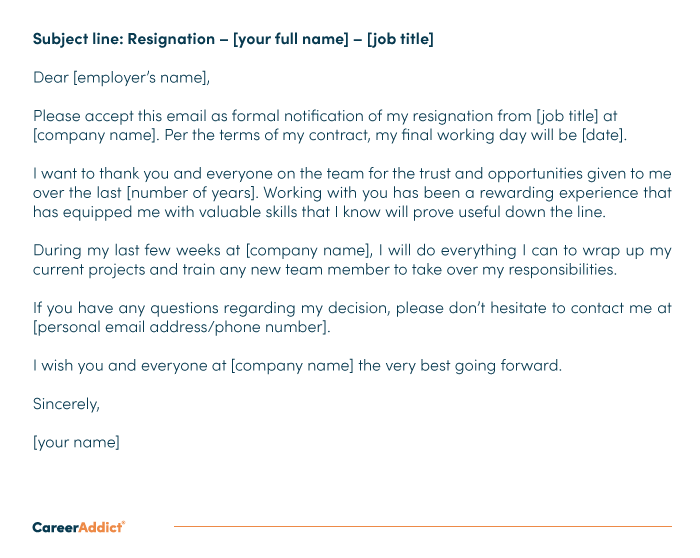

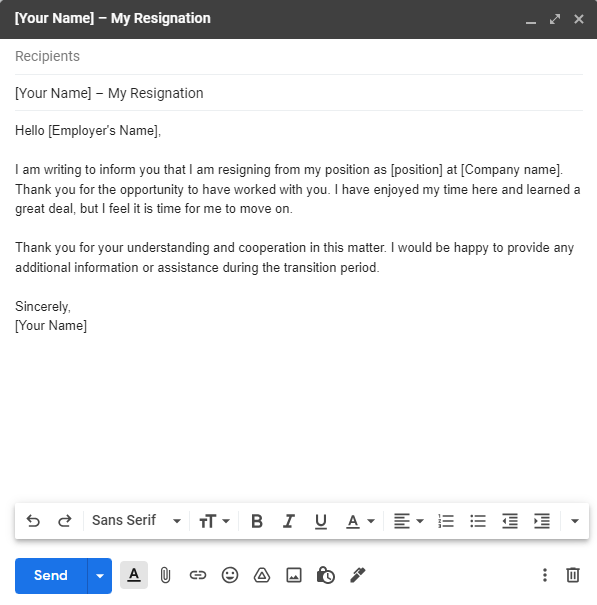



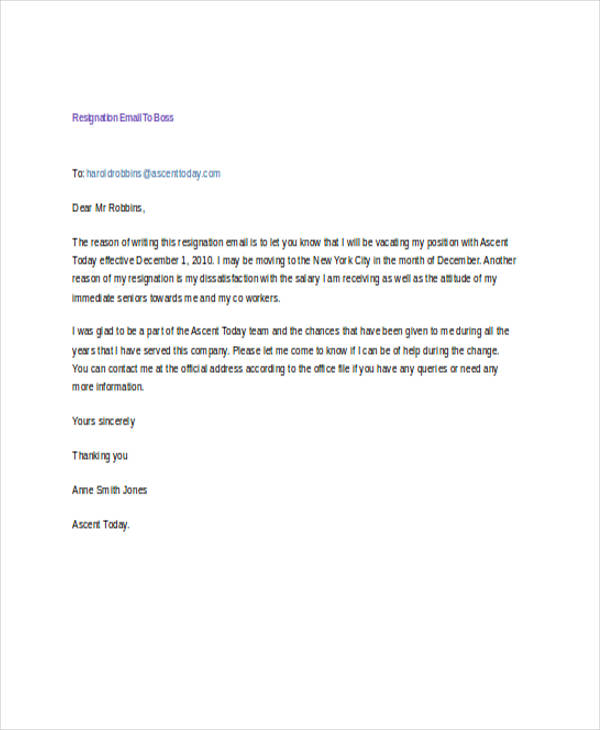
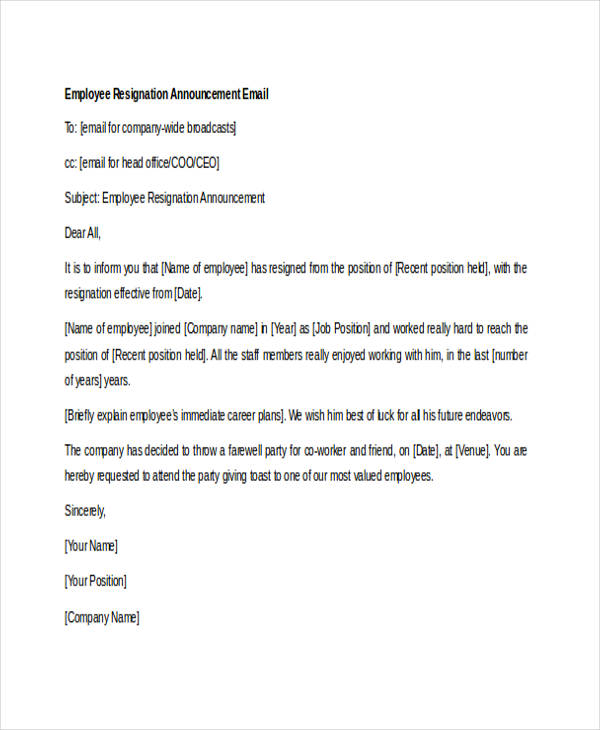
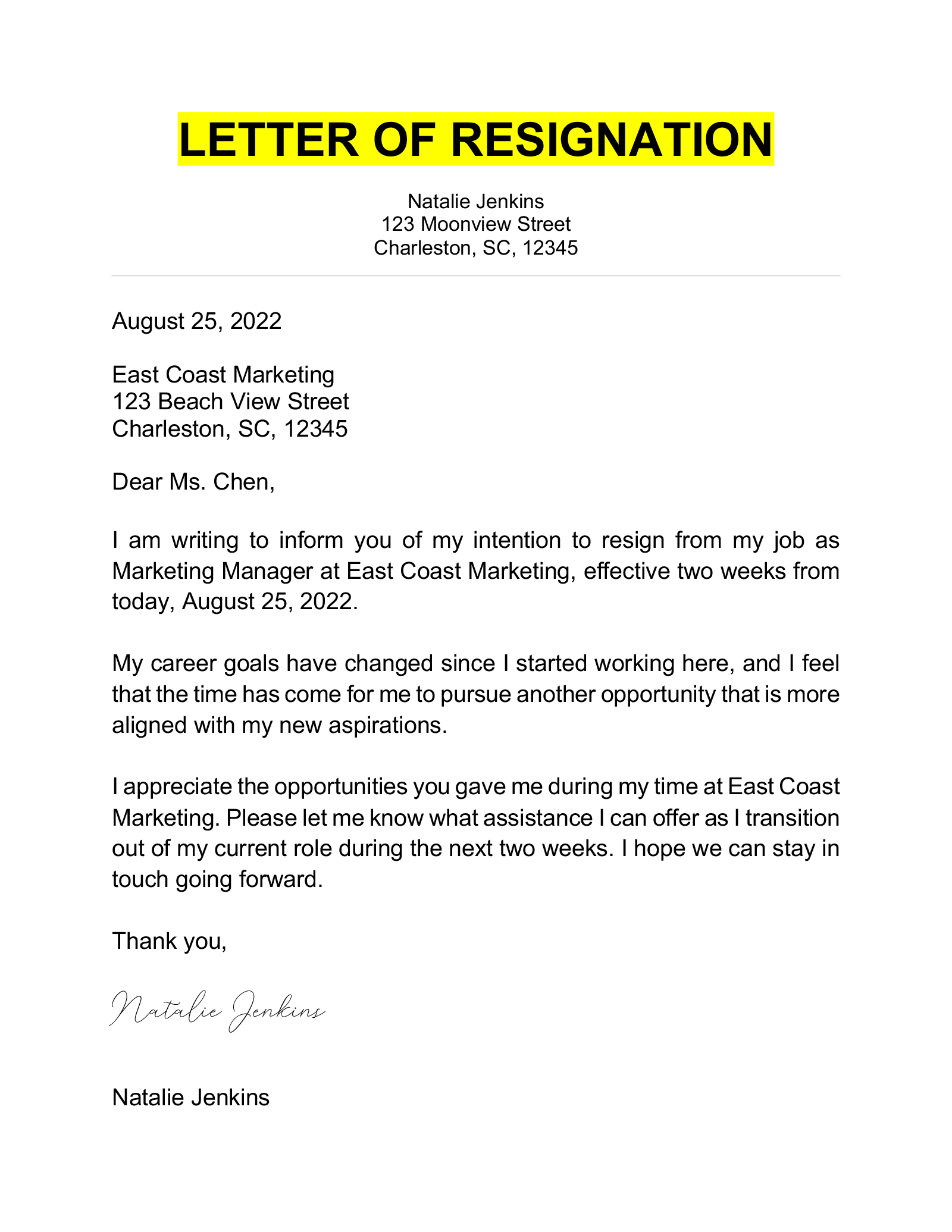
:max_bytes(150000):strip_icc()/The_Balance_Resignation_Letter_2022-a0d9308168624fc68eba06ff064fa641.jpg)

